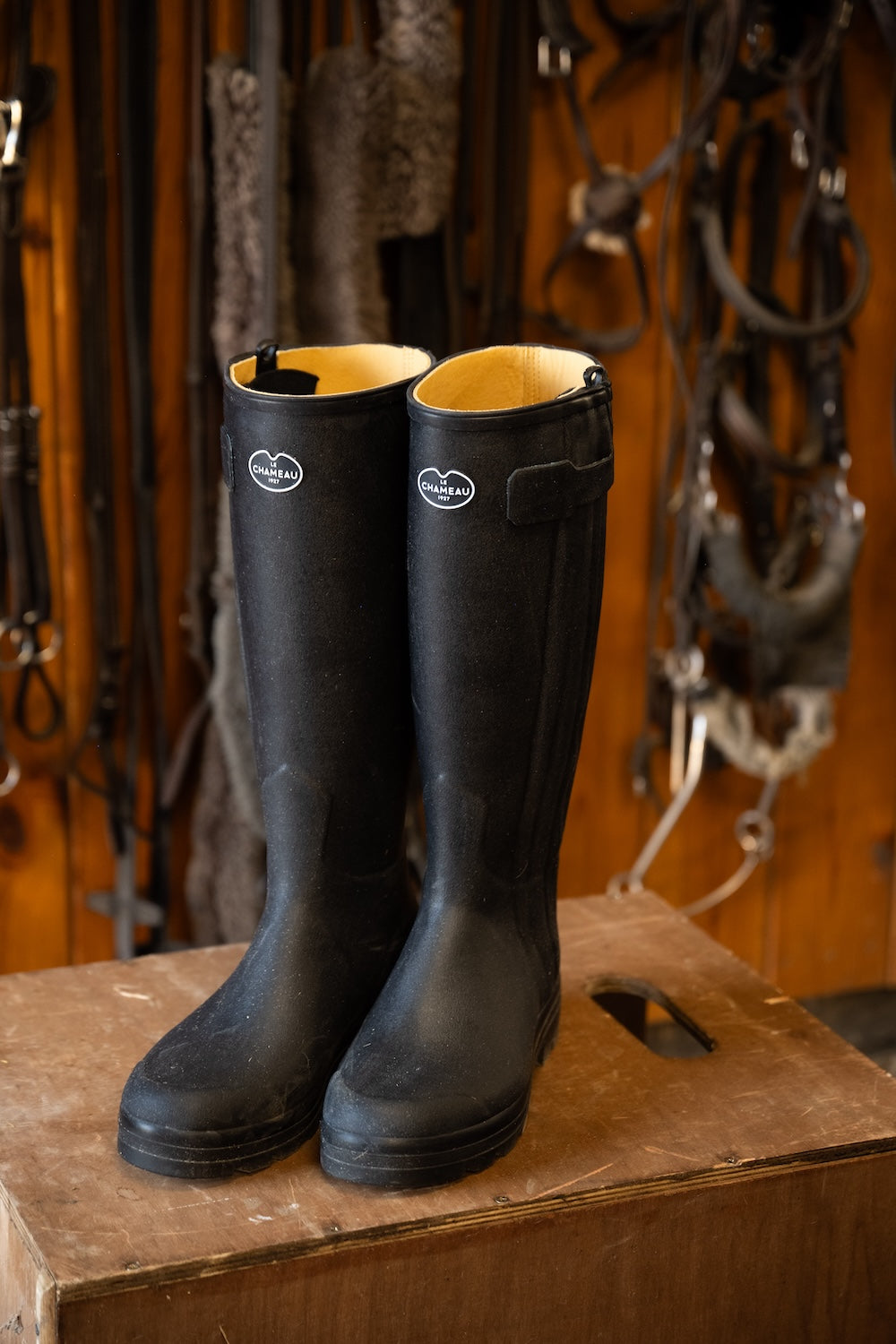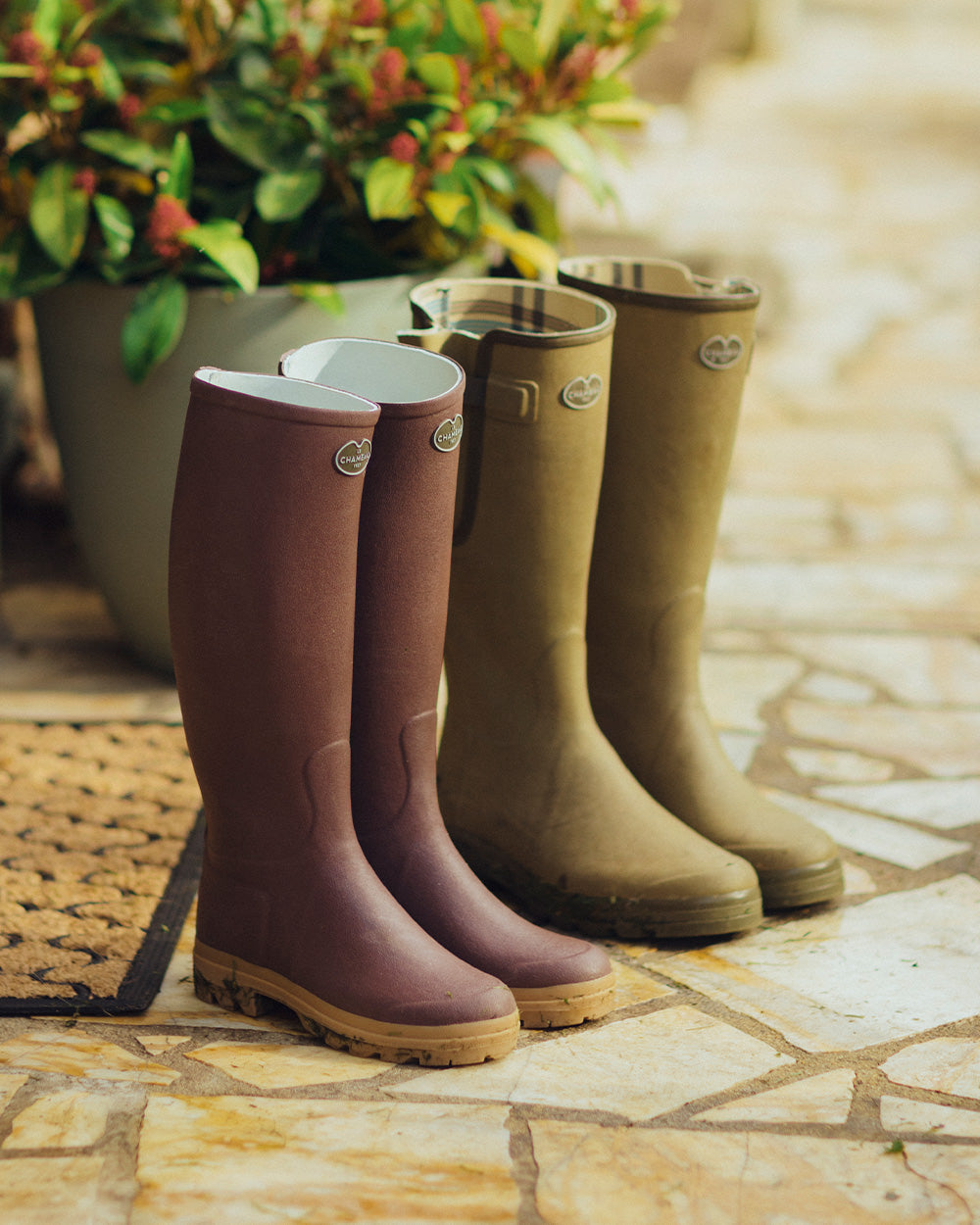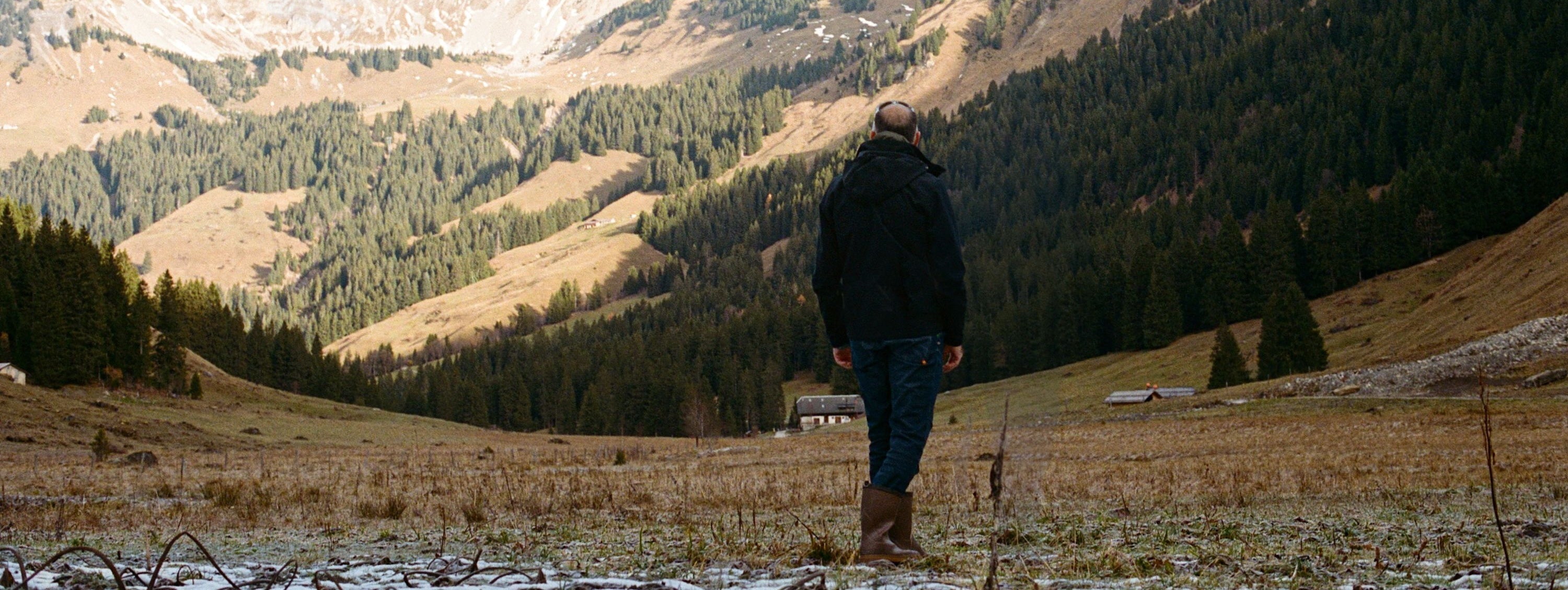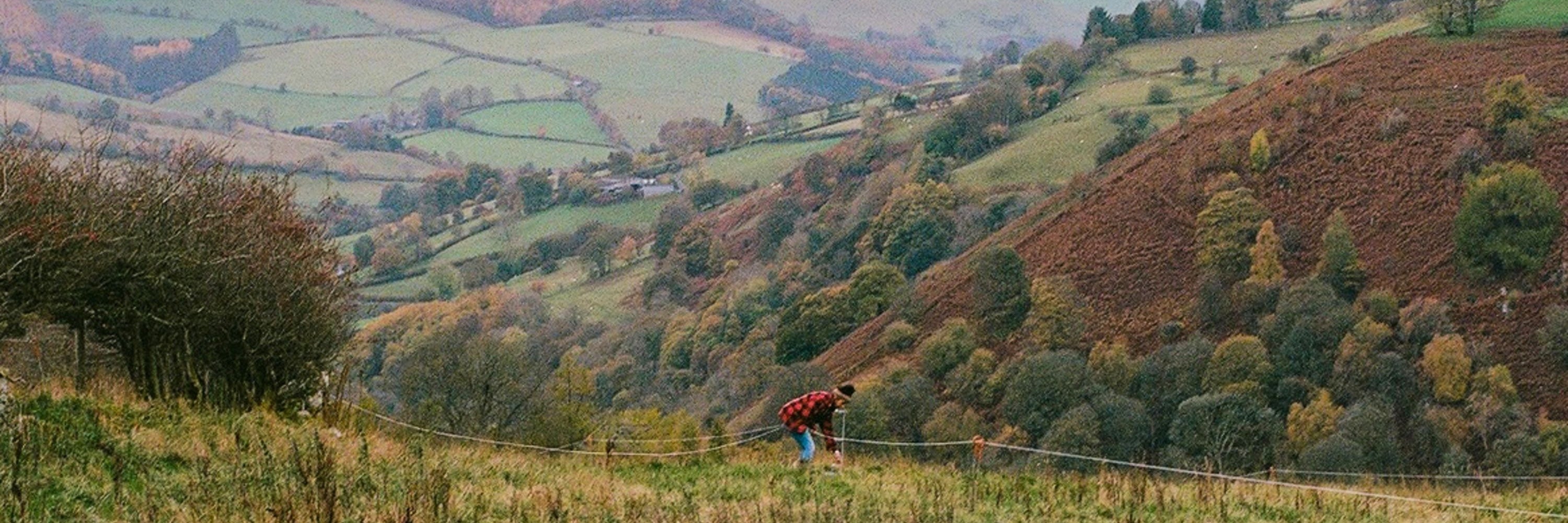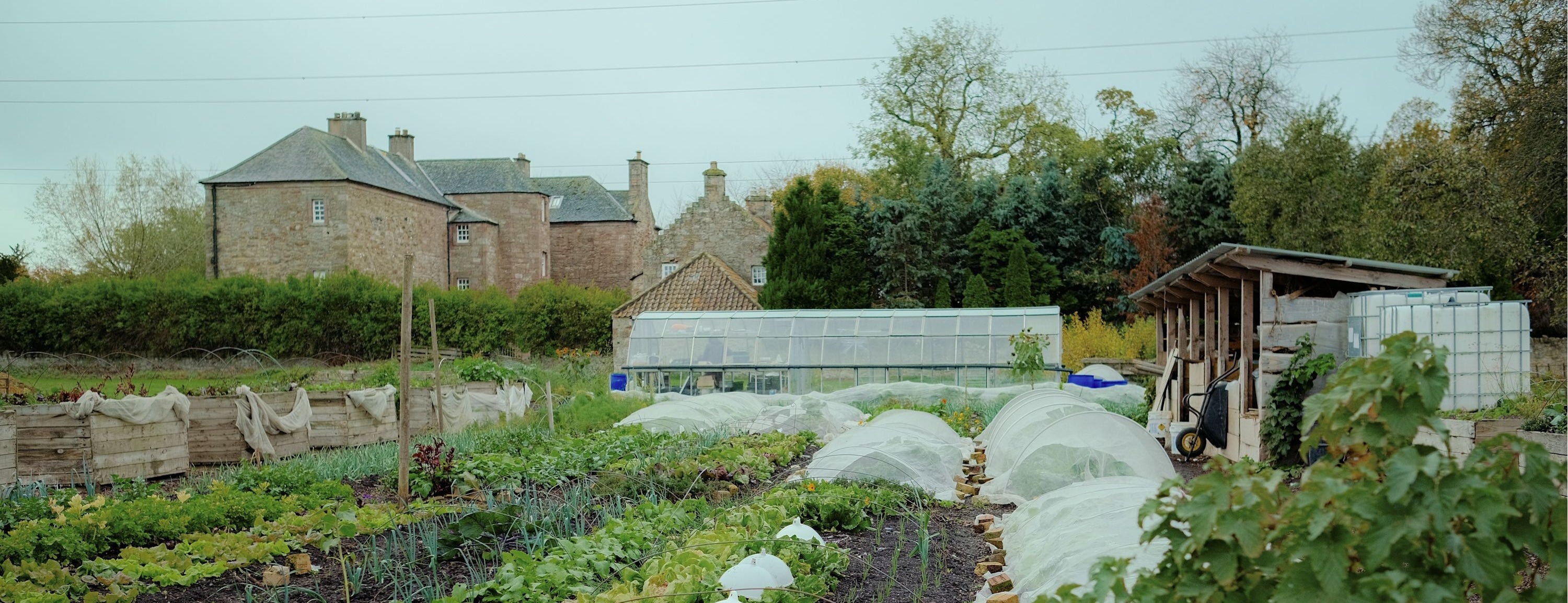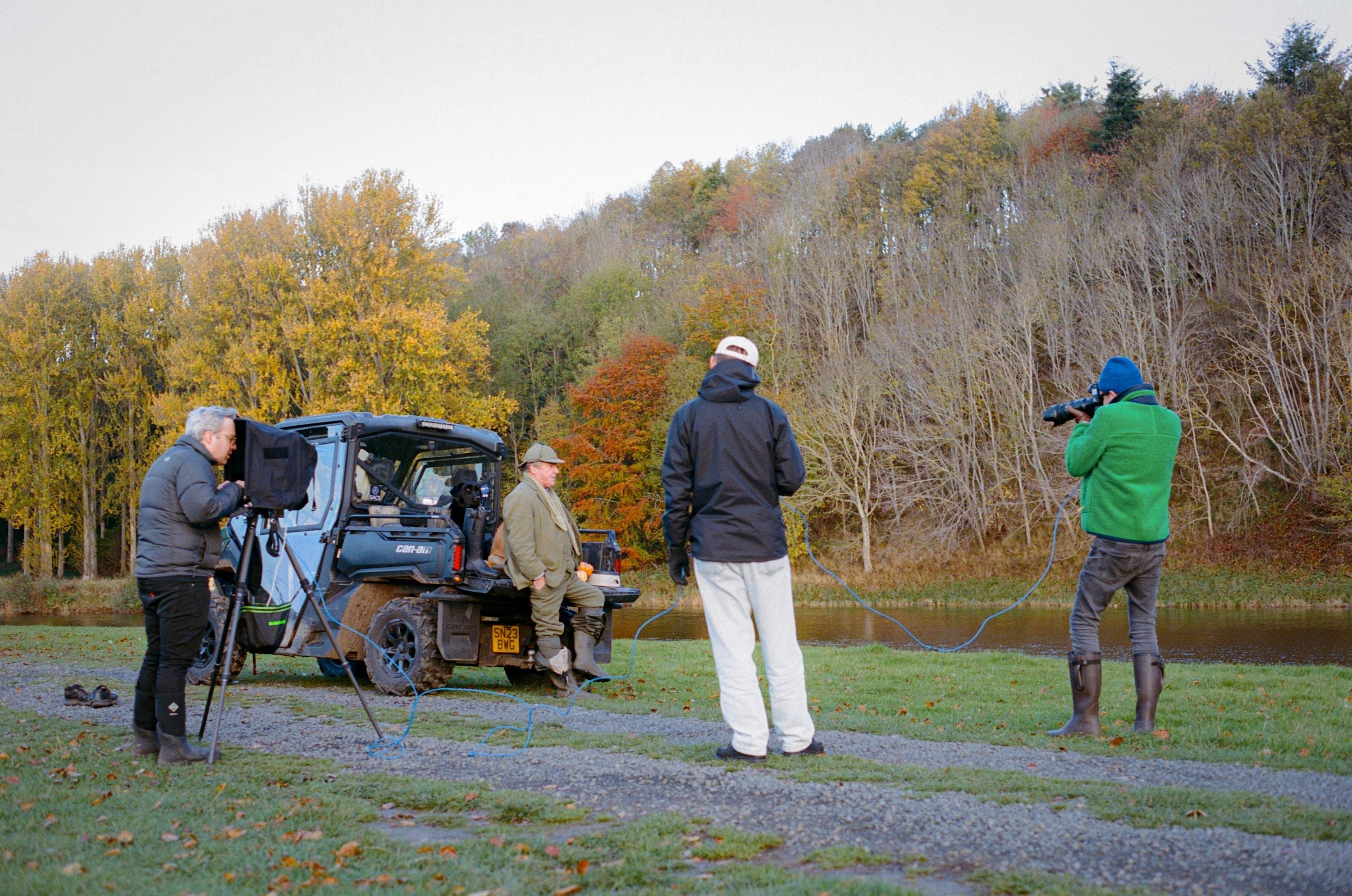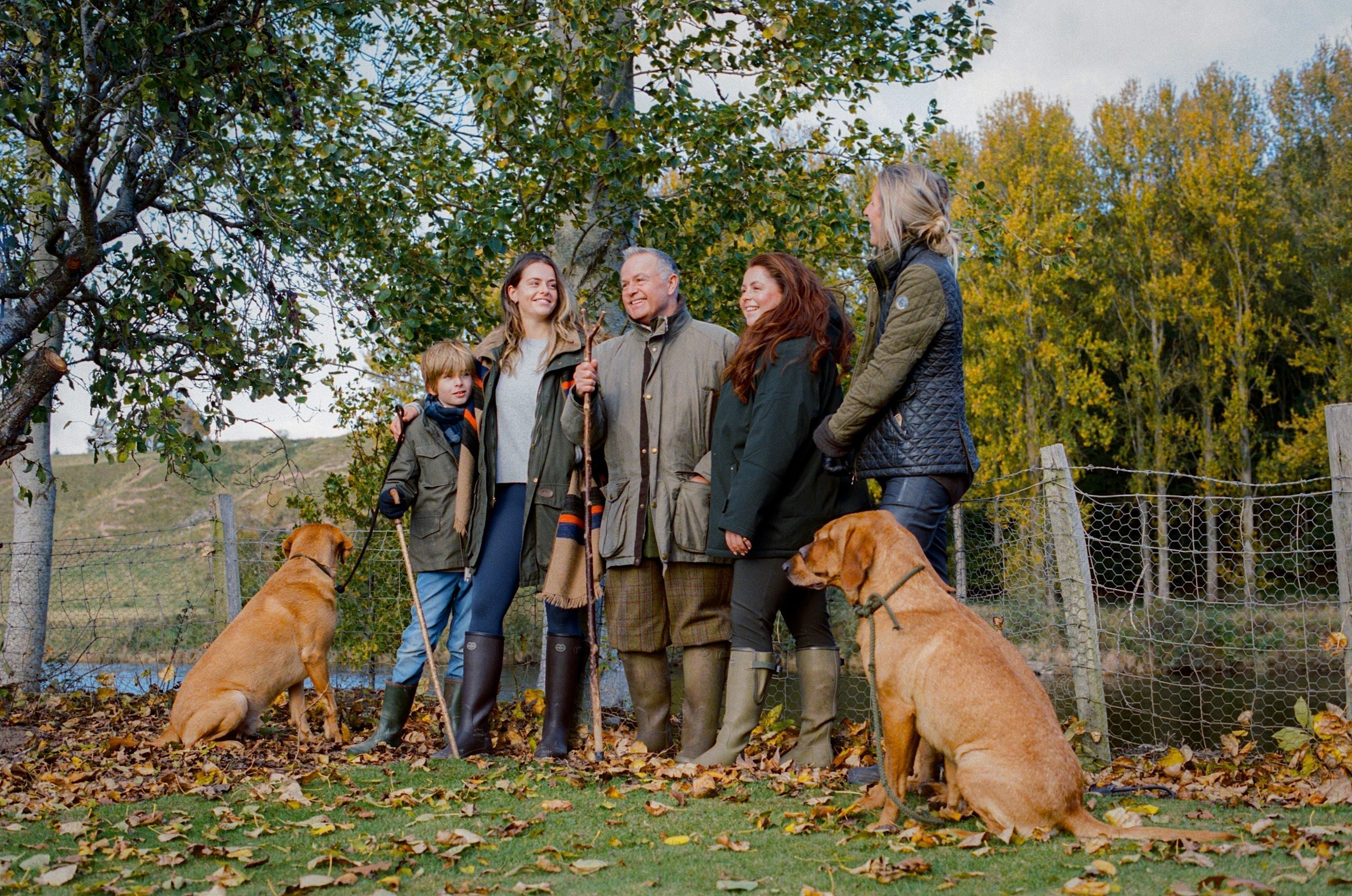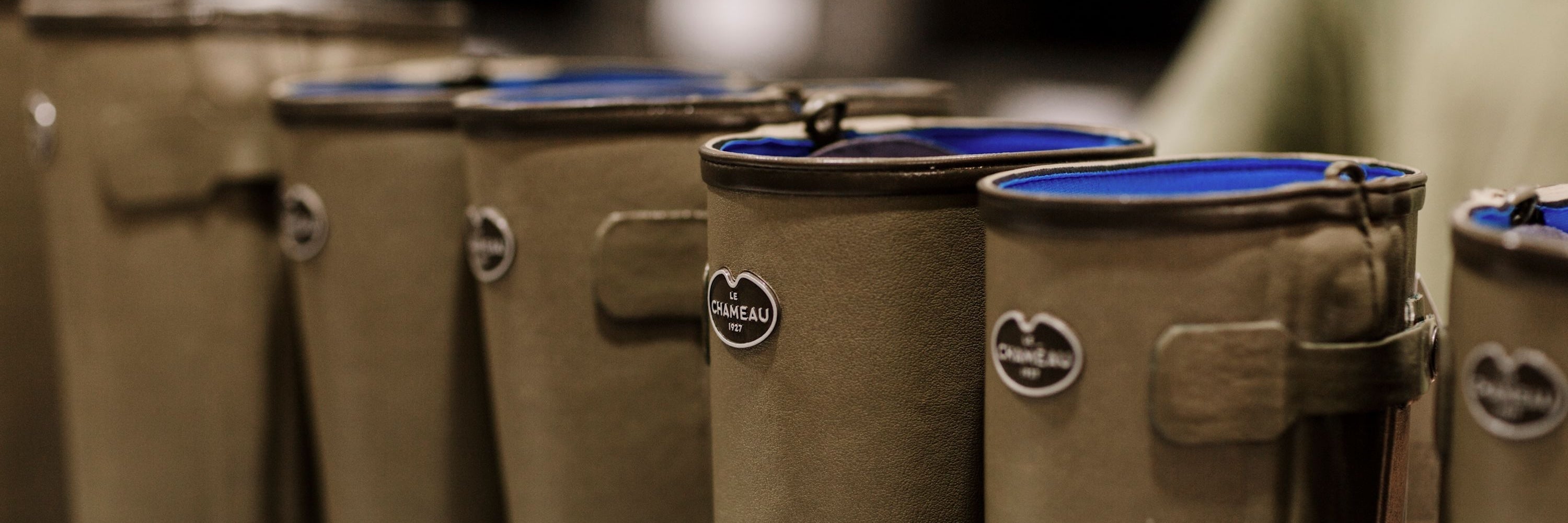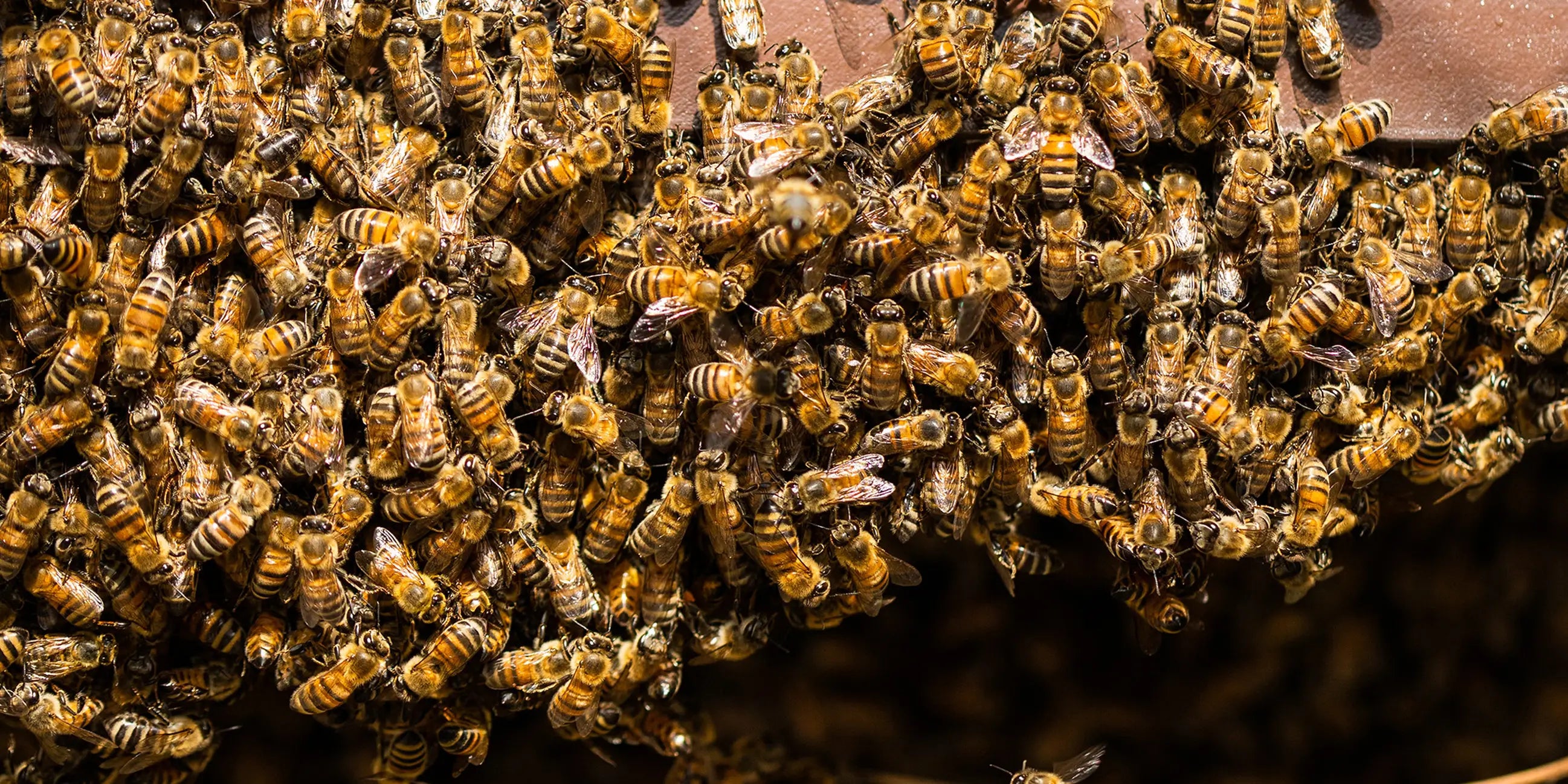
Bee power: Saving elephants and empowering women
In Tanzania, women beekeepers are using natural beehive fences to nurture human-elephant coexistence, empowering themselves and their communities in the process.
We all know what honeybees produce, and there’s a growing awareness around the crucial role played by pollinating insects – in all their shapes and sizes – in ecosystems right across the world. But have you heard about the bees that are helping to solve human-elephant conflict in Tanzania, empowering local communities in the process?
On farmland bordering forested areas in the Ngorongoro Crater, communities of people and Earth’s largest land mammals now find themselves living at close quarters where wild habitat meets village land – and that brings big problems.
It’s exactly these problems, with the help of hundreds of thousands of bees, that our friends at Wild Survivors – a charity set up in 2016 by Francesca Mahoney – are striving to resolve.
In our last blog piece about this pioneering initiative, we considered how elephant habitat is being lost and fragmented. We mentioned how, under greater pressure to find food and water, the animals raid farmland, threatening livelihoods and exposing themselves to retaliation killings and poaching as a result. We also covered the challenges faced by the people who live and work on the land in these conflict hotspots, and the novel (and effective) use of natural ‘beehive fences’ to deter elephants from entering cropped areas.
Then we introduced the Women & Bees initiative, which is helping to train, equip and deliver opportunities for women who live and farm along the elephant corridor boundary. It has led to the formation of the NARI Women’s Beekeeping Group, an
enterprise that is flourishing off the back of the new network of hives and making a huge difference to the lives of women in the Ngorongoro Conservation Area (NCA).
Fabiola Josephat and Neema Sulley are two of those women and part of the 40-strong group who Le Chameau was delighted to supply with new pairs of Giverny ladies’ boots earlier in the year.
Fabiola is from the sub village of Bonde La Faru and volunteered to join the NARI Women’s Beekeeping Group because she wanted to work alongside other women and be a part of a cooperative that was supporting itself.
“We have learnt many skills,” she says. “Of course, beekeeping has been a major focus for us, and we now understand bees and the important role that they play much better. We see them as our friends now, rather than our enemies.”
The ‘Bee Ladies’, as they are known, have learned a great deal about permaculture, too. “We know more about the different plants in our environment, and how the bees and other insects use them, so we look after them,” Fabiola expands. “In the past we used to cut certain trees in the forest, but now we will conserve them because we know they keep the bees happy. We will continue bettering our environment so that our friends, the bees, do not leave us.”

Interestingly, Fabiola speaks of having more structure to her days now. “We manage our time better and fit chores – the routine jobs that would have previously been our focus – around the schedule for group work.”
That schedule now entails beehive inspections, honey harvesting and processing, and meetings with fellow group members. “These skills, will, we hope, be passed down to the next generation, empowering them, too,” adds Fabiola. Indeed, the word ‘empowerment’ crops up more than once. And it goes further than financial independence. It’s clear the NARI Bee Ladies have forged a strong sense of community. “Unity is power, and we have discovered ourselves as an important group in society,” says Fabiola. “If you educate a woman, you educate society.”
Neema lives in the Upper Kitete village in the NCA and describes the beekeeping activities as life changing.
“We had some big challenges with elephants here,” she says. “They would come out of the forest and raid our crops, and sometimes you could not harvest anything.
“Often, we would wake up in the night to scare away elephants by lighting fires, making noise, and using bangers. But that has changed since we’ve been using the natural beehive fences.
“In the past I really feared bees, but now I consider them our friends.” She describes the by product, honey, as a precious reward. “Not only can it be used for medicinal purposes, but we can sell it to generate important money”. That money goes towards the purchase of gas, thus reducing the community’s need to forage for firewood in the elephant corridor – a task fraught with risk. “Collecting firewood from the elephant corridor used to be a part of our daily routine,” says Neema. “Often we would find elephants there and have to run back home empty-handed, even coming up against hyenas and snakes.”
Eventually, perhaps inevitably, the conversation returns to the opportunities the initiative has provided to learn and become a part of a group with a new and exciting purpose. “Through our training, we have learnt how to make natural pesticides from species like Sodom apple and chillies, which means we don’t use the damaging commercial alternatives, the types that are bad for our good insects,” Neema explains. “We are better placed to exchange ideas as we think about the future of the enterprise too,” she adds. There’s a great deal of positivity surrounding the whole initiative, as that future is looking increasingly bright – for the Bee Ladies, the elephants and the honeybees.




